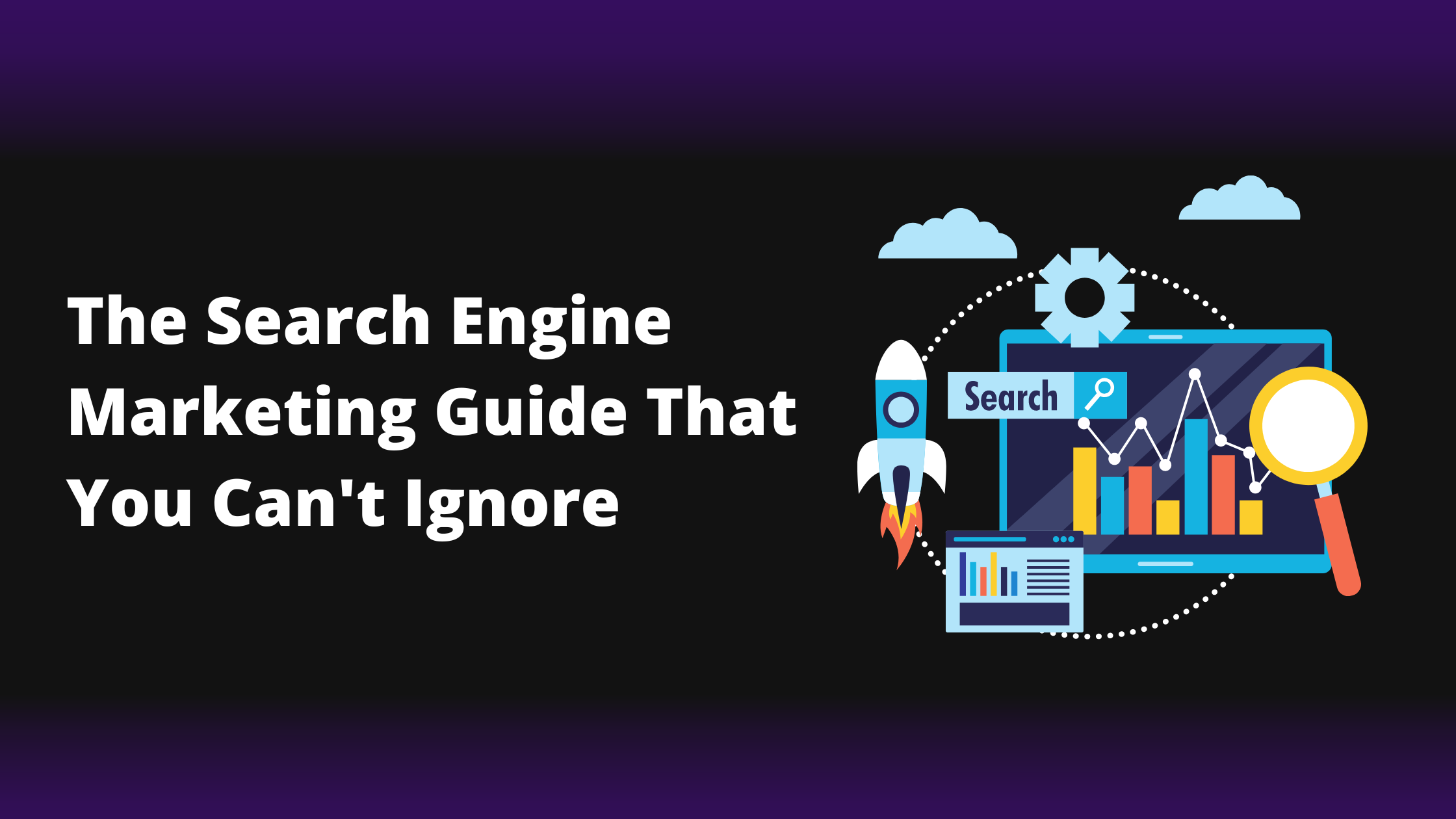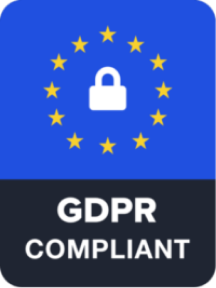Search engine marketing (SEM) is a powerful tool for businesses in the modern digital age. It helps businesses to capture potential customers and increase their reach. A well-planned SEM strategy can quickly and effectively drive more visitors to a website, boost brand recognition, and increase sales. However, despite the potential benefits of SEM, many businesses find it difficult to utilize and make the most of the available resources. This guide will provide an overview of SEM, the key elements of a successful SEM strategy, and practical tips to help you get started.
What is Search Engine Marketing (SEM)?
Search engine marketing (SEM) is a form of digital marketing that uses search engine advertising to promote a website or online business. SEM involves optimizing a website’s visibility in search engine results pages (SERPs) by using a combination of paid and unpaid techniques. These techniques include keyword optimization, link building, content creation, and more. SEM campaigns can be targeted to a variety of audiences, including potential customers, current customers, and even competitors.
The goal of SEM is to increase the visibility of a website or business on SERPs, which in turn will lead to an increase in website traffic and potential sales. A successful SEM campaign can help a business gain more visibility, generate more leads, and gain a competitive edge in the industry.
What are the Key Elements of a Successful SEM Strategy?
A successful SEM strategy is composed of several key elements that are designed to help a business maximize its visibility and reach in SERPs. These elements include:
- Comprehensive Keyword Research: Keyword research is essential to any SEM campaign. It helps identify the most relevant and effective keywords that can be used to optimize a website and drive more traffic.
- Quality Content: Quality content is essential for a successful SEM campaign. Content should be engaging, relevant, and optimized for search engines. This includes creating content that is keyword-rich and includes relevant links.
- Link Building: Link building is important for SEM campaigns as it helps to increase the website’s authority in SERPs. Link building involves creating links from other websites that are relevant to the website being promoted.
- Paid Advertising: Paid advertising is a great way to quickly reach a targeted audience and generate more leads. With paid advertising, a business can target specific keywords or audiences.
- Reporting and Tracking: Reporting and tracking are essential for any SEM campaign. This helps businesses to monitor the success of their campaigns and make adjustments as needed.
Tips for Getting Started With SEM
- Choose Your Goals: Before getting started with SEM, it’s important to establish a set of goals. This will help to ensure that the campaign is focused and effective.
- Research Keywords: Keyword research is a crucial part of any SEM campaign. It helps to identify what keywords are being used by potential customers and which ones are most effective.
- Create Quality Content: Quality content is essential for a successful SEM campaign. Content should be engaging, relevant, and optimized for search engines.
- Focus on Link Building: Link building is an important part of any SEM campaign. It helps to increase the website’s authority in SERPs and can result in more website traffic.
- Utilize Paid Advertising: Paid advertising is a great way to quickly reach a targeted audience and generate more leads.
- Monitor and Adjust: It’s important to keep track of the success of the SEM campaign and make adjustments as needed.
Wrap Up
Search engine marketing (SEM) is a powerful tool for businesses in the modern digital age. It helps businesses to capture potential customers and increase their reach. A successful SEM campaign can help a business gain more visibility, generate more leads, and gain a competitive edge in the industry.
The key elements of a successful SEM strategy include comprehensive keyword research, quality content, link building, paid advertising, and reporting and tracking. Additionally, a few tips for getting started with SEM include choosing goals, researching keywords, creating quality content, focusing on link building, utilizing paid advertising, and monitoring and adjusting.
By following the guidelines outlined in this guide, businesses can make the most of their SEM campaigns and maximize their visibility, reach, and profitability. If you have been looking for a PPC/SEM Expert, you can outsource SEM (Search Engine Marketing) Services from INSIDEA. For us building, high performing teams for our customers is the end goal. Contact us to explore more.









































